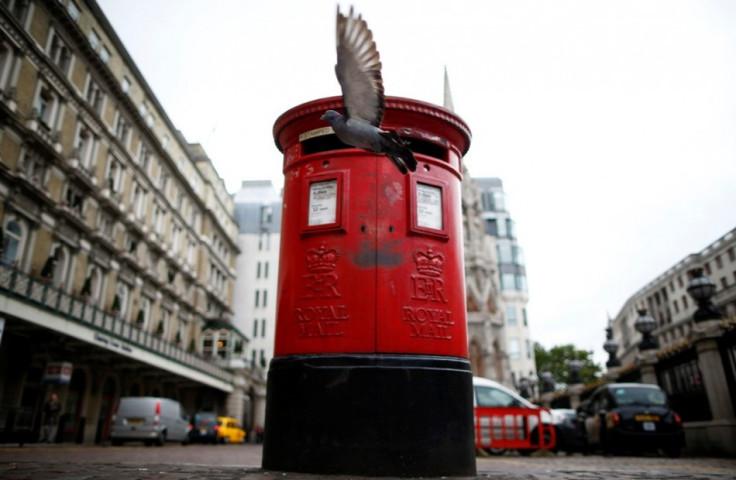Royal Mail to cut 3000 jobs in light of letters decline causing profit to plummet 30%

Royal mail has announced to cut 3,000 jobs in an effort to save costs in a time of declining letter sales. The delivery service saw its share price soar more than 5.5% in response to the job cuts.
The FTSE 100 firm's profit fell by almost a third in the first half of the company's 2015-16 financial year. The company said that the decline of the amount of letters sent was less than expected. Royal Mail is focusing on parcel deliveries as companies such as Amazon and ASOS have increased the pressure on delivery time in that sector.
Reported pre-tax profit was £116m in the six months to 27 September 2015, down 30.5% from the number in 2014. Revenue fell by 1.85% to £4.4bn. As an accelerating number of people and businesses now use digital channels of communication, the letter market is being challenged.
"We are driving through a range of product innovations and service improvements at pace, as well as targeting new areas of growth and enhancing our offering," Moya Greene, the chief executive of Royal Mail, commented.
One of those product innovations is a driverless van service, coined by the executive in order to save drivers' costs. Following her response, the Communication Workers Union told IBTimes UK that she could face a health and safety challenge. The union also said that Greene should focus on real human resources issues.
Alternative communication methods and projects like parcel automation is all part of Greene's transformation plans. Despite higher overall costs, the firm managed to push down transformation spending.
"As a result of an acceleration of our UK cost savings programme and a better than expected performance in GLS, Group operating profit before transformation costs was flat in the first half," Greene said.
Royal Mail holds a rather significant share of the letter delivery market. After Dutch rival Whistl withdrew from the UK market, communications regulator OfCom launched an enquiry into the Royal Mail because of possible competition breaches.
© Copyright IBTimes 2025. All rights reserved.






















